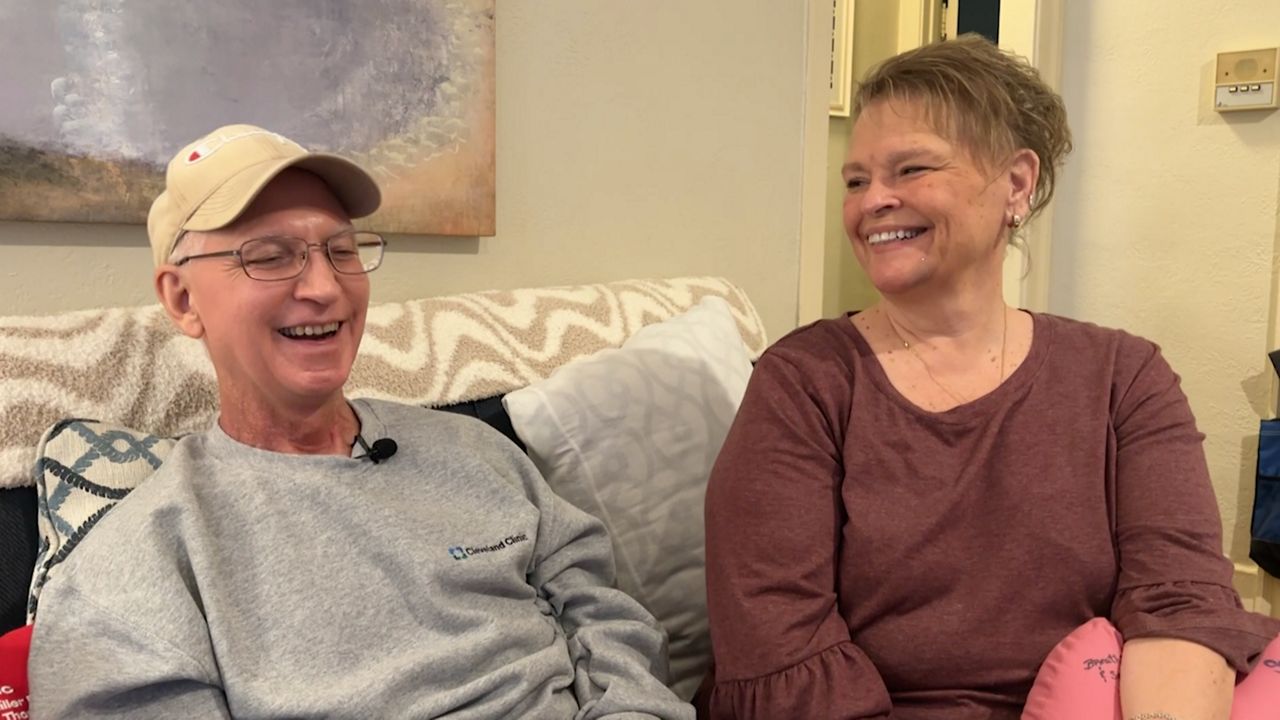CLEVELAND — Cleveland City Council unanimously voted to accept a new legislation Monday night that will help Cleveland residents who struggle with medical debt.
One of the main council members on this project was Kris Harsh. Harsh has experienced the negative impact of medical debt in the past.
“My wife and I applied for a home loan 10 years ago and we were denied because our credit scores weren’t good enough and I knew I had some medical debt back then as well,” he said.
The new legislation has allocated for Cleveland to use $1.9 million from the city’s general funds to help eliminate medical debt. Harsh said the city hired a nonprofit organization that works to make the debt go away.
“We’re working with a nonprofit organization called RIP Medical which will purchase the debt on the secondary debt market, the same way a collector would purchase it, but instead of collecting on that debt they will simply eliminate it,” he said.
He explained that RIP Medical does not benefit all that much from this since it is a nonprofit, but it will help hospitals.
“It’s going to help them because this organization is going to pay them for that debt the same way a collector would,” he said.
It’s also going to help the people that are struggling with the impact of medical debt.
“This will ease a lot of debt burden for our residents in Cleveland and make it more possible for people to get approved for car loans and home loans and other types of things that people need to borrow so that they can move forward with their lives,” he said.
Harsh expressed that there are requirements for Cleveland residents to be eligible for this help.
“The threshold for qualifying is 400% of poverty, which is 80% of the city of Cleveland are eligible simply by income. The other threshold is if medical debt, I believe, covers more than five percent of your debt obligation for a person,” he said.
He said that this is expected to help nearly 50,000 Clevelanders. Toledo has also implemented similar legislation and Columbus City Council has been considering it.











